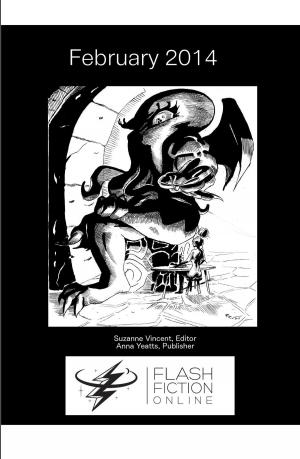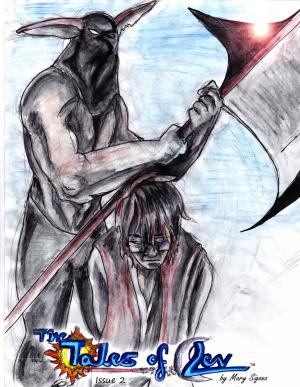| Author: | J. Saravia | ISBN: | 9781465852083 |
| Publisher: | J. Saravia | Publication: | October 21, 2011 |
| Imprint: | Smashwords Edition | Language: | English |
| Author: | J. Saravia |
| ISBN: | 9781465852083 |
| Publisher: | J. Saravia |
| Publication: | October 21, 2011 |
| Imprint: | Smashwords Edition |
| Language: | English |
J. Saravia has written a story of delirium, a genuinely passionate book, bordering on mysticism. The madman of the park tells us of the apparently simple and anodyne encounter of a writer with an artist, a mystic, a man forsaken, a person without roots, a loner, a leper, a being immersed in longing…
An obsession for the insane and reflections on the empty quotes of Melville, Camus or Sartre, as the narrator-writer reads César Vallejo, Ezra Pound and listens to Vivaldi or Serrat, transports us from the familiar surroundings in a suburb of Mexico City to the profound readings of the poètes maudits or nihilists.
The Madman of the park… is as absurd as it is ridiculous, as inconceivable as imaginable. It deals with a story that is beyond the human; it is the telling of a world within another world, with the precise and singular difference that the world which surrounds the Beckettian vagabond is much more free and profound and removed from social impurities.
We shall know nothing of the vagabond, he has no history, there is no past, he lives an uncertain present. We only know of him the little that the narrator tells us from an astonished and lugubrious point of view. We know that he does not have a home, that he eats almost nothing, and that once in a while he goes to the María baths because he needs “a little tidying,” but we do not know his history. His name: Artemio, in the story we will know him as “Temo,” date of birth: uncertain. We will never know his age or the details of this man who came from nothing and to nothing he will return.
J. Saravia has left us with much sadness in his splendid tale. A lot of wisdom embodied in a few pages and a great sense of humanity.
Ph.D. Susana Arroyo-Furphy
University of Queensland, Australia
J. Saravia has written a story of delirium, a genuinely passionate book, bordering on mysticism. The madman of the park tells us of the apparently simple and anodyne encounter of a writer with an artist, a mystic, a man forsaken, a person without roots, a loner, a leper, a being immersed in longing…
An obsession for the insane and reflections on the empty quotes of Melville, Camus or Sartre, as the narrator-writer reads César Vallejo, Ezra Pound and listens to Vivaldi or Serrat, transports us from the familiar surroundings in a suburb of Mexico City to the profound readings of the poètes maudits or nihilists.
The Madman of the park… is as absurd as it is ridiculous, as inconceivable as imaginable. It deals with a story that is beyond the human; it is the telling of a world within another world, with the precise and singular difference that the world which surrounds the Beckettian vagabond is much more free and profound and removed from social impurities.
We shall know nothing of the vagabond, he has no history, there is no past, he lives an uncertain present. We only know of him the little that the narrator tells us from an astonished and lugubrious point of view. We know that he does not have a home, that he eats almost nothing, and that once in a while he goes to the María baths because he needs “a little tidying,” but we do not know his history. His name: Artemio, in the story we will know him as “Temo,” date of birth: uncertain. We will never know his age or the details of this man who came from nothing and to nothing he will return.
J. Saravia has left us with much sadness in his splendid tale. A lot of wisdom embodied in a few pages and a great sense of humanity.
Ph.D. Susana Arroyo-Furphy
University of Queensland, Australia















